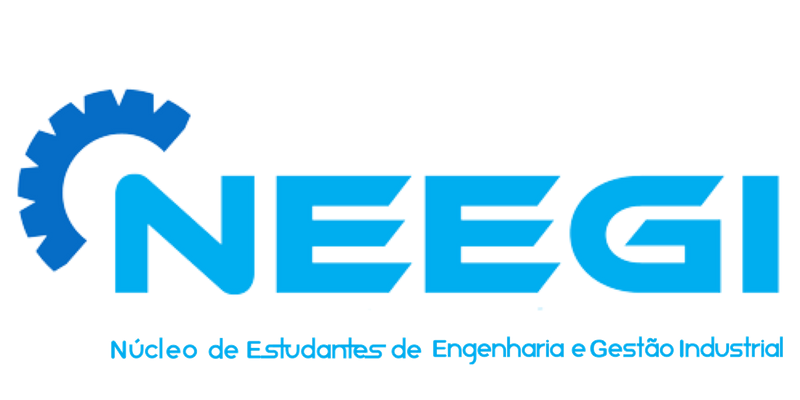
Programme Overview
Industrial Engineering and Management brings together engineering sciences and business administration in order to solve problems in companies and industries. The role of industrial engineers involves planning, optimizing and managing activities such as industrial output (its processes and operations), logistics and distribution; they can also work in areas like finance, marketing, information systems, strategy and organization of a company or take up consultancy as a career.
Programme Structure
The 1st cycle in Industrial Engineering and Management has a duration of 6 semesters (3 years), equivalent to 180 ECTS. The structure is depicted below.
-
1st year (ECTS)
-
30
-
27
-
3
-
-
2nd year (ECTS)
-
30
-
30
-
-
3rd year (ECTS)
-
36
-
6
-
6
-
12
-
The curricula of the 1st and 2nd cycles were reformed in the 2021/2022 academic year, following Decree-Law 65/2018 and the implementation of a new teaching model (previous programme structure).
-
Basic Sciences (60 ECTS)
The basic sciences courses of this undergraduate programme ensure the fundamental training in:
- Mathematics
- Chemistry
- Physics
- Programming
-
Core Structure (93 ECTS)
The core training aims to complement the basic sciences by deepening knowledge in:
- Specific Fields (examples: microeconomics, macroeconomics, financial management, operations management, marketing, accounting, among others)
- Engineering Sciences (examples: thermodynamics, energy and mass transfer, electrical systems, manufacturing processes, design and geometric modelling, among others)
-
Pre-Major Options (6 ECTS)
In the final year, students have the opportunity to choose specific subjects covering a wide range of fields that can be deepened in the master’s degree (the major).
-
Humanities, Arts and Social Sciences (9 ECTS)
The humanist curricular component plays an important role in harnessing architects’ curiosity about the world they live in as well as understanding it, empowering them to actively respond to its challenges, using scientific and technological knowledge, in a more appropriate and contextualised way.
Students can choose subjects, offered in several faculties of ULisboa, from areas such as Management, Economics, Literature, Psychology, Visual Arts or Sport, among others.
-
Integrative Project (12 ECTS)
In order to improve the knowledge acquired during the undergraduate degree, students are challenged to work on a topic related to Industrial Engineering and Management that may be based on a real challenge, whose solution will be developed in teams.
Entry Requirements
National Admission to Higher education
- National Admission Exams1: Mathematics A + Physics and Chemistry
- Application Grade2: MS x 50% + PI x 50%
1 Minimum grade point: 100 points (out of 200)
2 Minimum grade point: 120 points (out of 200)
MS: high school final arithmetic average grade | PI: Average of national admission exams’ grades.
National Admission to Higher Education
Admissions can also be done through one of the following ways:
- Course Change and Transfer
- Holders of Middle Level/Higher Education degrees
- Applicants over the age of 23
- Special Admission Regime for International Students
More information about admissions to Técnico (national and international candidates) is available at:
Students' Organisations

Técnico students autonomously and proactively stimulate projects that complement their academic background. For example, Students’ Organisations provide them with skills and added value, making them more competitive in the labour market.
The Industrial Engineering and Management Student Group (NEEGI) is the main structure for Biological Engineering students, which promotes:
- Visits to companies, workshops and training actions
- the participation in international networks (European Students of Industrial Engineering and Management)
- the Lisbon Case Study Competition
- the organisation of Industrial Civil Management meetings and seminar
- Summer internships within Técnico Summer Internships
- the collaboration in the Taguspark Business and Technological Week
- the study material repository
- Volunteering, recreation and leisure activities

